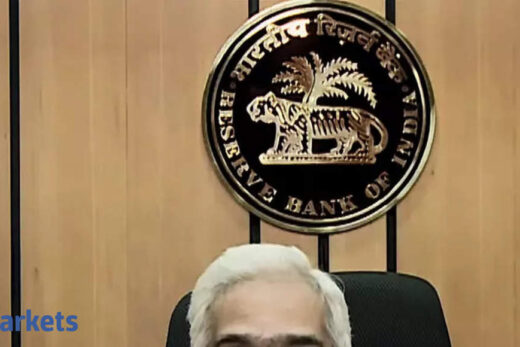It is pertinent to mention here that the telecom sector has been keenly watching out for the relief package, which could include redefinition of Adjusted Gross Revenue (AGR) to exclude non-telecom items, cut in levies such as Spectrum Usage Charges and easier terms and conditions for surrendering radiowaves to the government.
A moratorium on AGR and spectrum payments, and reduction in spectrum usage charge (SUC) and Licence Fee (LF) are reportedly among the key relief measures being lined up.
While these steps “are in the right direction”, they merely shift the timing of the liabilities to a future date without addressing the key issue plaguing the business, that is, low tariffs, the report analysed.
“We believe these measures along with capital infusion may give Vodafone Idea (VI) the much-needed relief. Even so, the structural issue undermining the sector can be solved only with a sizable tariff hike for 4G prepaid customers,” Edelweiss said in the recent note.
If Reliance Jio manages to grab even 10 per cent of VIL’s subscribers with the imminent phone launch, it can roil the latter’s EBITDA run rate, the report said advising investors to stay invested in operators with strong balance sheets, given the overall uncertainty.
Put simply, Earnings before Interest, Taxes, Depreciation and Amortisation or EBITDA is a measure of a company’s operational performance.
Meanwhile, the report opined that policy support, by itself, cannot be efficacious in absence of a significant tariff hike and capital-raising by VIL.
VIL’s inability to invest in the network gives Bharti Airtel and Reliance Jio room to further gain market shares.
VIL, the third operator in the sector, has been struggling to stay afloat and analysts have sounded an alarm over potential risk of the market turning into a duopoly.
Th telco lost about 42.8 lakh subscribers during June, and its user base shrunk to 27.3 crore, compounding woes of the debt-laden firm that is in grip of an existential crisis.
Billionaire Kumar Mangalam Birla recently stepped down as chairman of VIL, within two months of offering to hand over Aditya Birla Group’s stake in the telco over to the government, in a bid to avert a crisis for the telecom company.
In September 2020, VIL had received an approval from its board to raise up to Rs 25,000 crore, but the company has not been able to raise the funds so far.
The total gross debt (excluding lease liabilities and including interest accrued but not due) as of June 30, 2021 of VIL stood at Rs 1,91,590 crore, comprising deferred spectrum payment obligations of Rs 1,06,010 crore and AGR liability of Rs 62,180 crore that are due to the government.
Edelweiss’ report also said that strong demand for JioPhone Next — the low-priced smartphone Jio has developed with Google — can potentially further weaken VIL’s finances.
“That said, we note consumers may not prefer a low-cost smartphone if experience is suboptimal; hence JioPhone Next’s success is not given,” it pointed out.



